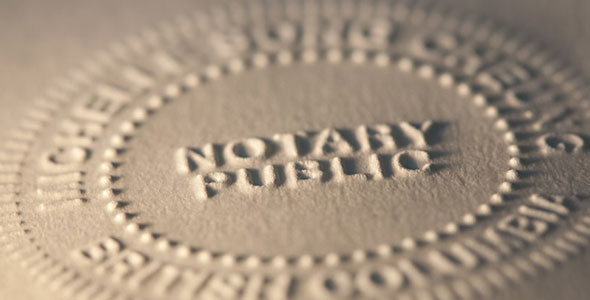Deceased Estate Administration: Handling Possessions and Matters After Passing
Deceased Estate Administration: Handling Possessions and Matters After Passing
Blog Article
Demystifying Notarial Work: Streamlining the Function and Significance of Notaries
In the intricate web of lawful documentation and verification, notaries stand as pillars of guarantee and credibility. Their function, usually shrouded in secret for numerous, brings substantial weight in making sure the credibility and stability of essential files. As guardians of legality and reality, notaries play a pivotal part in our society, yet their job is not constantly fully understood. By unwinding the intricacies dropping and bordering notarial practices light on the significance of their acts, a more clear understanding emerges of the vital role notaries play in promoting the material of legal and lawful agreements.
The History of Notarial Work
The history of notarial job dates back to old people, where scribes played a crucial role in taping vital information and authenticating files. This led to the development of notaries, people designated by the state to act as objective witnesses in lawful issues.
During the Center Ages, notaries acquired importance in Europe, with their features increasing to include preparing lawful files, licensing signatures, and preserving records. The surge of international trade additionally stressed the value of notarial job in validating agreements and agreements throughout boundaries.
In the modern-day era, notaries remain to play an essential function in lawful and service transactions by confirming identities, confirming the authenticity of documents, and avoiding fraudulence. Their duty in licensing the legitimacy of arrangements adds a layer of protection and count on to the ever-evolving landscape of business and legislation.

Tasks and Responsibilities of Notaries
The historic advancement of notarial job from old people to the contemporary era has actually formed the unique obligations and responsibilities that notaries promote in legal and company transactions today. Notaries play a crucial duty in confirming the authenticity of files and the identity of signatures. Among their main responsibilities is to witness the finalizing of crucial files, such as wills, deeds, and agreements, to guarantee that all celebrations are participating in contracts purposefully and voluntarily. Notaries likewise confirm that notaries are of sound mind and not under duress or threat.
Moreover, notaries are tasked with carrying out affirmations and oaths, which are crucial in lawful process and the implementation of affidavits. They accredit duplicates of original documents, supplying assurance to institutions that the copies are true reproductions of the originals. Notaries have to maintain accurate records of all deals they look after to ensure transparency and responsibility. Overall, the tasks and duties of notaries are vital in safeguarding the stability and legitimacy of different papers and deals.
Notarial Certificates and Signatures
Exemplifying careful focus to detail, notarial certificates and trademarks act as vital components in confirming the credibility of legal papers. Notarial certificates normally consist of crucial details such as the day of notarization, the names of the notaries, a description of the document, and the notary's official seal. These certifications supply a clear document of the notarial act, guaranteeing that the file can be quickly recognized and traced back to the notary that looked after the process.
Signatures play a crucial duty in notarial work, as they represent the arrangement and approval of the parties included. Notaries thoroughly witness the finalizing of papers to verify the identification of the notaries and validate that they are signing of their very own totally free will. By affixing their main seal and signature to the file, notaries license that the required treatments have been complied with and that the paper is enforceable and valid.
Fundamentally, notarial certifications and signatures are the trademark of authenticity in lawful deals, offering guarantee to all celebrations involved look these up that the papers are legitimate and binding.
Significance of Notarial Acts

Notarization Refine Clarified
The registration process normally begins with the individual presenting the document to a notary public. Once the identity is validated, the notary makes sure that the specific authorizing the record does so voluntarily and without any browbeating.

Conclusion

Notarial certifications commonly include critical info such as the date of notarization, the names of the signatures, a description of the document, and the notary's main seal. These certifications provide a clear document of the notarial act, guaranteeing that the document can be quickly determined and mapped back to the notary who looked after the procedure.
By fastening their main seal and trademark to the record, notaries accredit that the required procedures have been adhered to and that the paper is enforceable and legitimate.
By confirming the identification of the signatories, visit this website confirming their determination to enter right into the agreement, and certifying the day and area of the finalizing, notaries play an important function in promoting the legitimacy of lawful documents.After the document is signed, the notary will certainly fasten their official seal or stamp onto the file.
Report this page